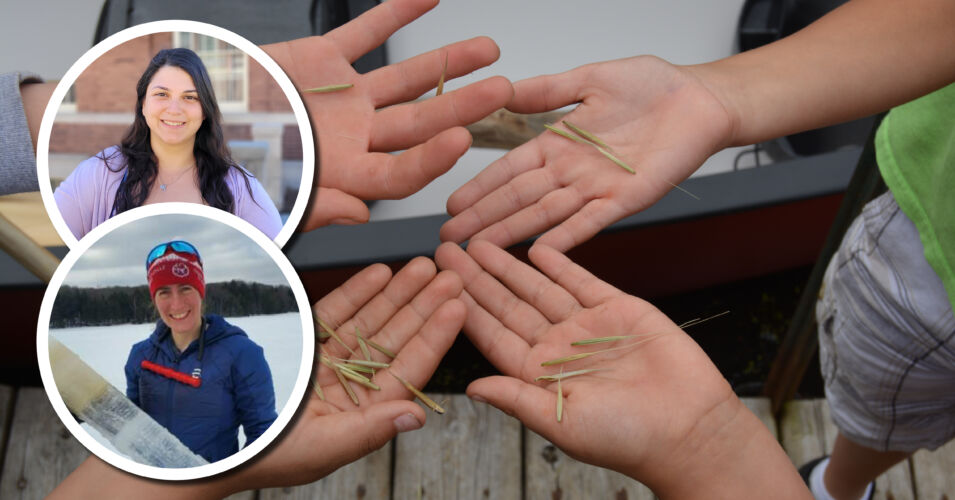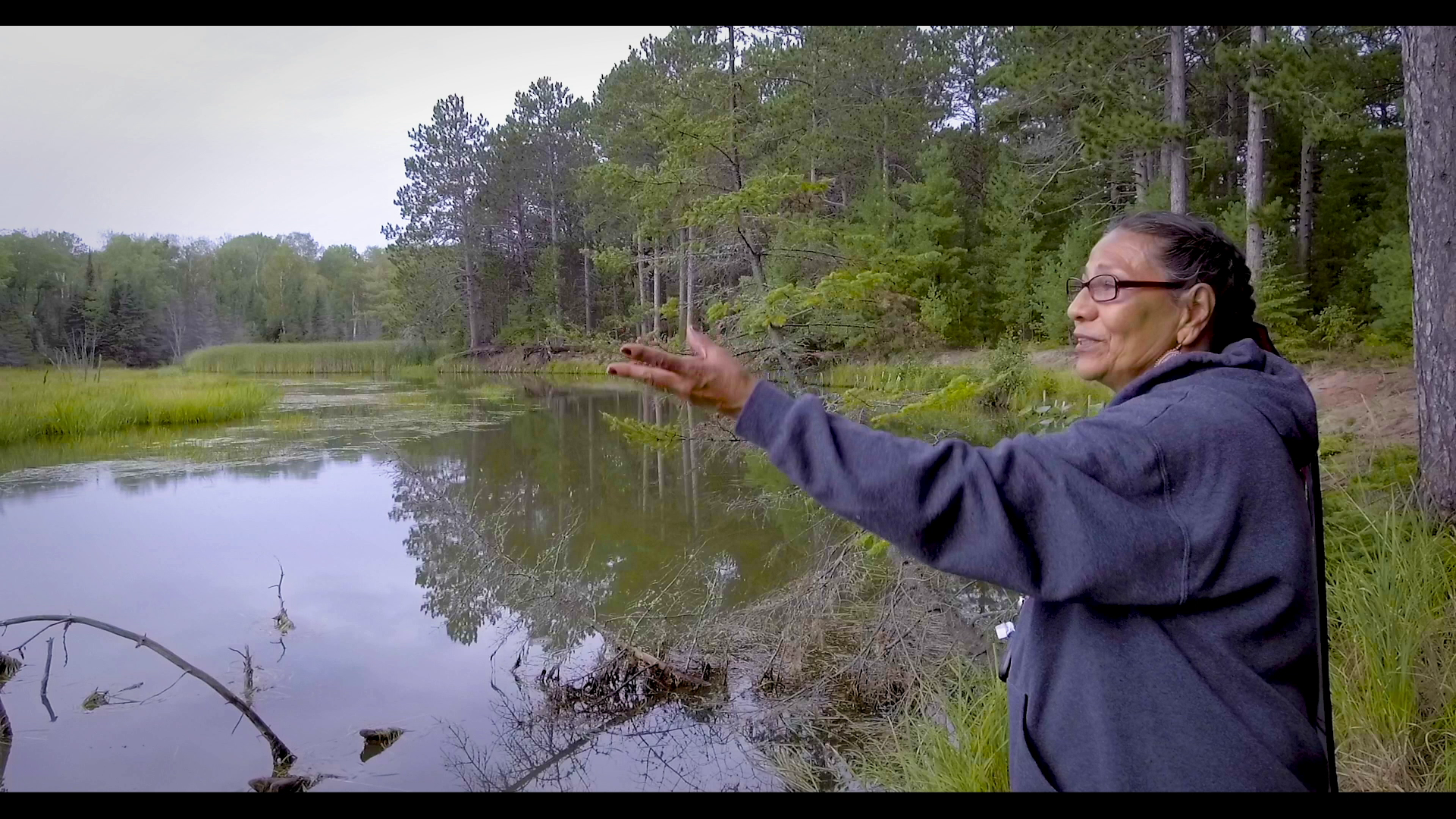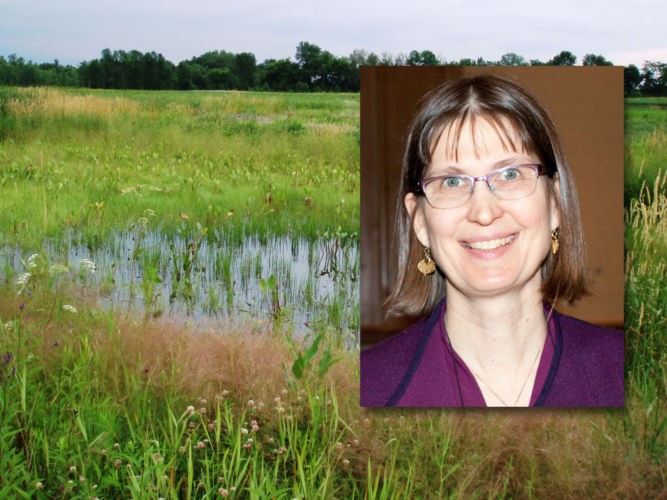Indigenous knowledges and perspectives are not commonly recognized in climate adaptation planning focused on natural and cultural resource management. The Tribal Adaptation Menu (TAM), which was developed by a diverse group of collaborators representing tribal, academic, intertribal, and government entities in Minnesota, Wisconsin, and Michigan, provides a framework to integrate indigenous and traditional knowledge, culture, language, and history into the climate adaptation planning process. It was created to help engage tribal and traditional values in climate adaptation planning processes, such as the Northern Institute of Applied Climate Science Adaptation Workbook. The TAM may be used as a tool to help bridge communication barriers for tribal and non-tribal persons or organizations interested in indigenous approaches to adaptation and the needs and values of diverse tribal communities.
Hannah Panci, GLIFWC and Sara Smith, College of Menominee Nation – Sustainable Development Institute
Recorded June 30, 2023
Hannah Panci is a scientist in the Climate Change Program at the Great Lakes Indian Fish and Wildlife Commission (GLIFWC). Her primary projects include a climate change vulnerability assessment of culturally important beings, climate change adaptation planning, work on the Tribal Adaptation Menu, a plant phenology project, and a seed collection project. She uses both Traditional and Scientific Ecological Knowledge to look at the impacts climate change will have on treaty resources on which GLIFWC’s 11 member tribes rely. She is originally from Eagle River, Wisconsin, and now lives in Ironwood, Michigan, where she moved to find lake-effect snow.
Sara Smith is a citizen of the Oneida Nation of Wisconsin and is the Midwest Tribal Resilience Liaison with the College of Menominee Nation – Sustainable Development Institute (CMN-SDI), in association with the Midwest Climate Adaptation Science Center (MW CASC). As the liaison for the Midwest, she works on facilitating stronger relationships between Tribes, climate researchers, organizations, academic institutions, and the MW CASC. In addition, she works with Tribes to build capacity and provides support by helping identify gaps and assisting with climate resilience efforts. Sara holds a master’s degree in ecology from the State University of New York – College of Environmental Science and Forestry and an undergraduate degree in biology and first nation studies from UW-Green Bay.
Related content
Wisconsin Tribes: Leading the way in protecting and restoring wetlands and watersheds
How will wetlands be affected by climate change?



